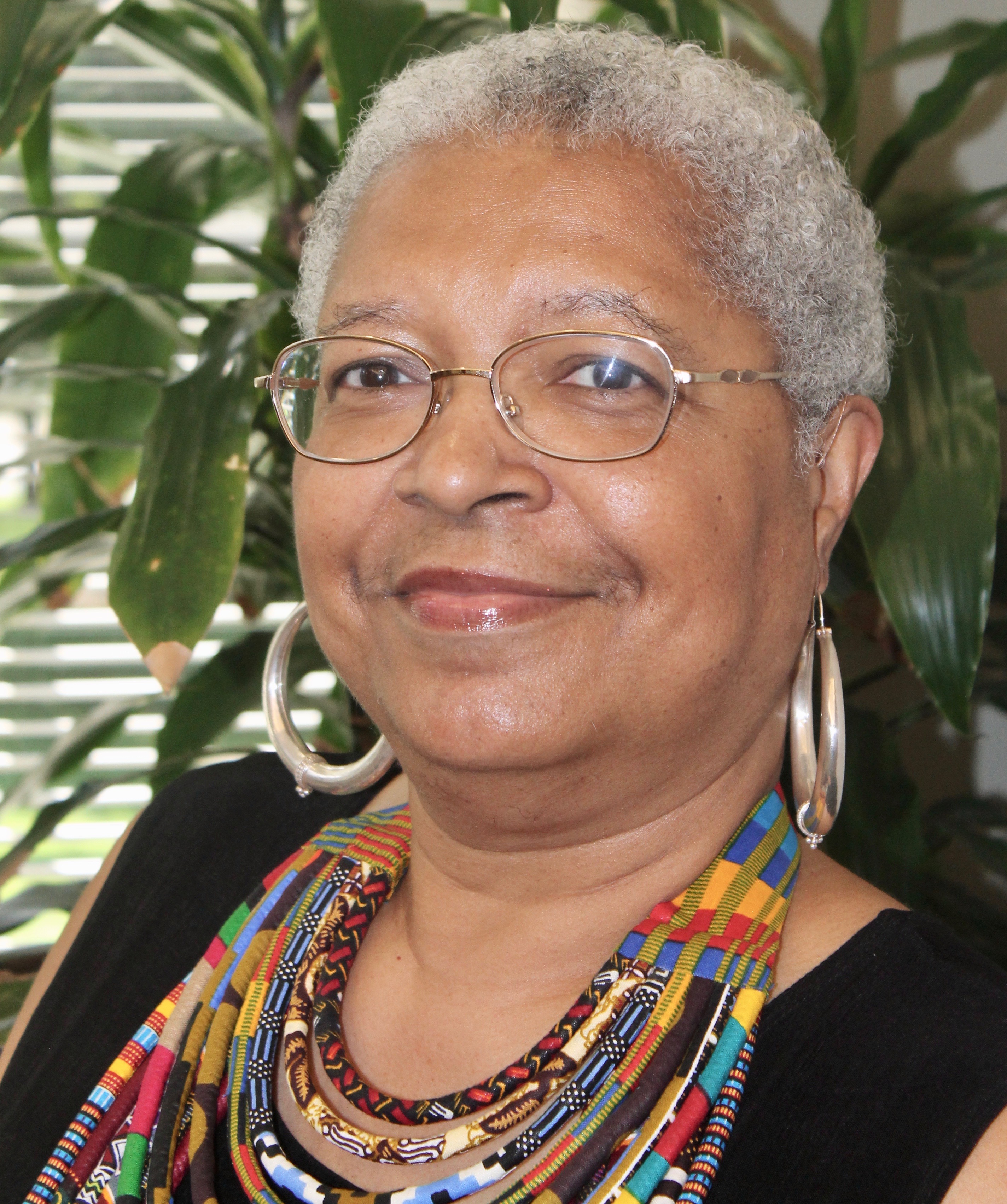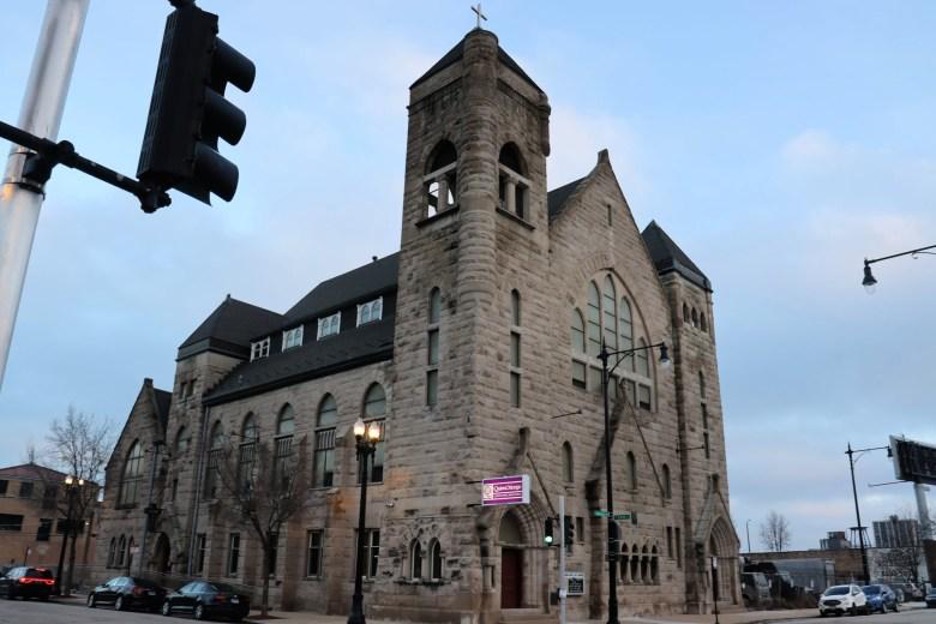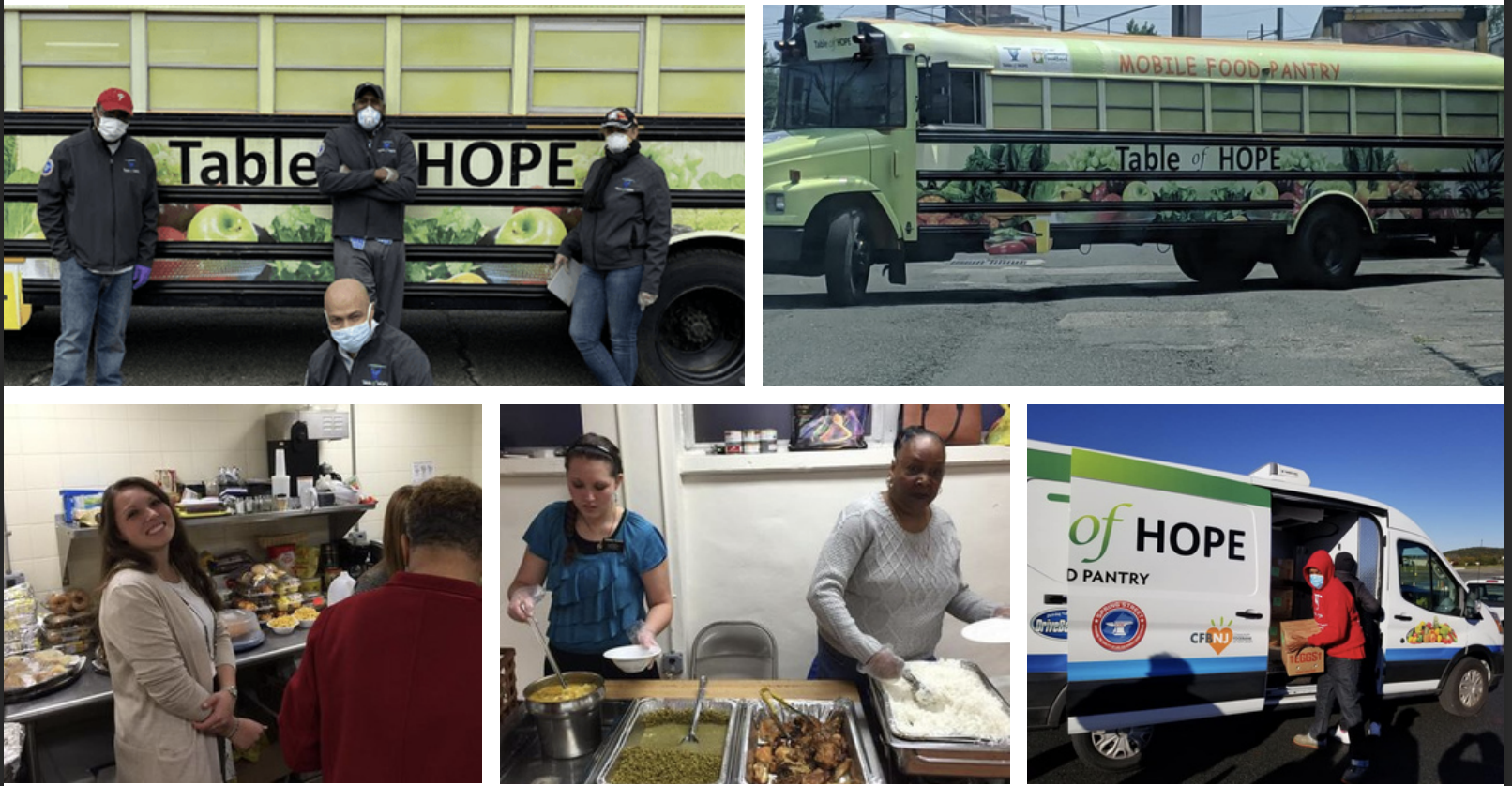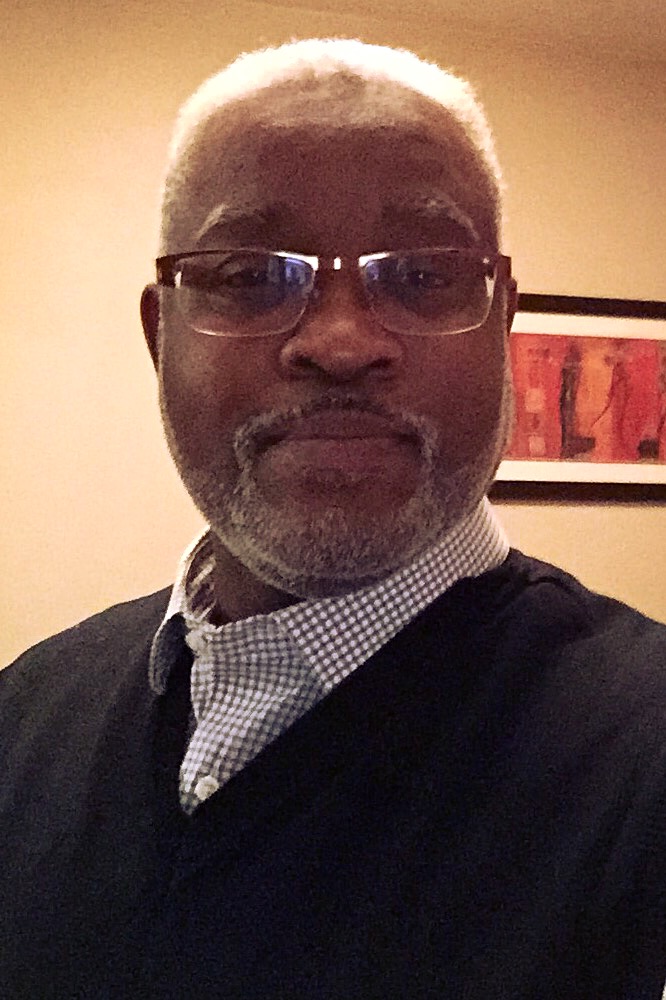The Silence: Pastors who Abuse
Rev. Dr. Melinda Contreras-Byrd, Contributing Writer
One of the most difficult realities for the church is the existence of clergy who abuse. In years past, my naïveté resulted in shock and disbelief when women in ministry or other church leadership confided in me that they daily return to homes where life includes utter disrespect and physical violence. This was such a disconnect.(1) We never hear these stories.(2).
This reality challenges us with the responsibility to broaden our theological understanding of issues such as forgiveness, the acceptability of self-love versus sacrifice, and the meaning of God’s protection and the role of the church as “protector.” According to recent findings by Lifeway Research, 42% of churches report never or rarely raising the issue of domestic violence, while 22% say they raise it once a year, 28% report several times a year, and a minority of 6% report instances of once or more a month. Further, while 72% believe it is a problem in their community, only 25 % believe that it is present in their churches.(3)
I believe that satisfaction with immature theologies is a major factor that aids in maintaining the silence about domestic abuse among clergy. Our understanding has been left so superficial when it comes to understanding sin versus humanness that we cannot even conceive of such struggles being present in those who have been “born again” and are in leadership.
I urge the church to begin in earnest to grasp and embrace what it means to be “earthen vessels” in need of the transformation of the Holy Spirit. For too long, our preaching and teaching have lulled the church into a false sense of security about what to expect of kingdom-walking Christians. We have peddled “by his stripes we are healed” and “behold all things become new” in such a way that we easily overlook Paul’s important sharing that his “thorn in the flesh” was never taken away!
I now understand that whether clergy or lay, Christians are human too and subject to the same frailty of mind and body as everyone else. The truth is that there are pastors who struggle against urges in themselves that they hate. In the silence, they weep and they pray, over and over again. They hide, wait, and move ahead in God’s truth—unable to embrace their own truth—that if you do not stop them, they will repeatedly give in to their urge to steal the church’s money; molest the church’s children; and strike, belittle, and injure their family members.
To the church, I say, “Clergy are human.” All of us do struggle with human weaknesses. Allow the clergy in your church to be human. Do the hard work that will allow you to support and pray for his or her healing rather than judge and dismiss. Make no mistake, I am saying love abusers and stop them! Praise God, that through Jesus even as we struggle, we are more than just our weakness.
Start discussions about abuse in your church. Cite statistics and create and distribute resource information. To clergy who abuse I say, “You may be a fine administrator, inspiring preacher, and an apt teacher but if you cannot control putting your hands on the people in your family, you also have a serious problem that must be faced. Force yourself to look at what you have done to those who love you. Confess and seek help. Know that there are others like me, who will not despise you as a person or dismiss your call. Admit your need, take a church leave, and get the help that will allow you to preach and teach without the guilt of knowing that you are being hypocritical.”
Lastly, I would be remiss if I did not challenge the church to begin to dismantle the tradition that has created theologies of submission, self-denigration, Christian sacrifice, and male domination that produce the structures and thinking that gives strength and cover to forms of female abuse as the role of a virtuous Christian woman. This is the other major factor in domestic violence in the church. Yes, clergy do abuse. Let us pledge to break the silence.
The Rev. Dr. Melinda Contreras-Byrd is a New Jersey state-licensed psychologist and owner of the Generations Center. The Center specializes in meeting the psychological and spiritual needs of all women and of both men and women of color. She has worked as a school psychologist in urban and suburban districts. She is a graduate of Rutgers University, The Graduate School of Applied & Professional Psychology, and the Princeton Theological Seminary. She is a published writer and poet, an ordained itinerant elder of the AME Church, and joins her husband, the Rev. Vernon R. Byrd, Jr. in pastoral ministry at St. Matthew AME Church in Philadelphia, Pennsylvania.
Endnotes
- I share my struggle with domestic violence in an article entitled, “A living sacrifice” published in the now-defunct Other Side magazine. It is available on Amazon.
2. Raped, tracked, humiliated: Clergy wives speak out about domestic violence. By Julia Baird and Hayley Gleeson www.abc.net.au/news/2017-11-23/clergy-wives-speak-out-domestic-violence/9168096.
3. Pastors Seldom Preach About Domestic Violence – LifeWay Research lifewayresearch.com/2014/06/27/pastors-seldom-preach-about-domestic-violence/





